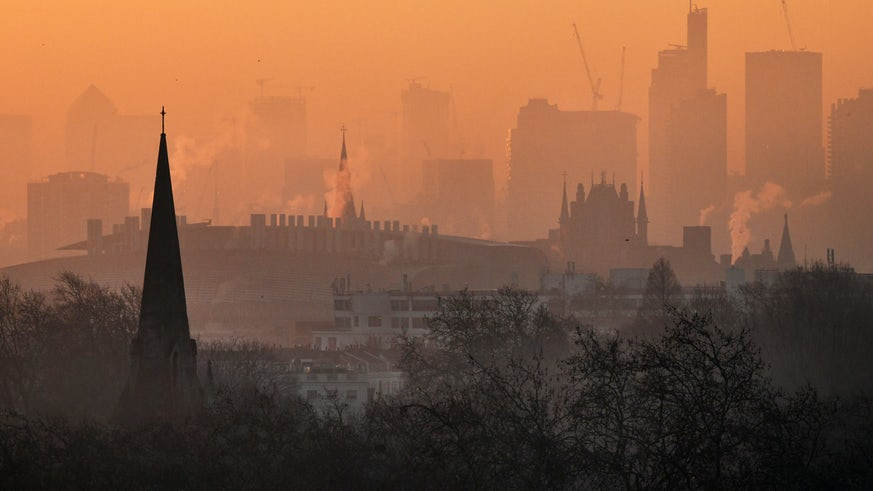Sep 25 2020
With the rising levels of air pollution, people are forced to stay inside and consume more electricity, which, in turn, creates even bigger environmental issues by increasing greenhouse gas emissions.

Image Credit: Cardiff University.
This is based on a new study performed by Cardiff University scientists who have revealed that the impacts are more obvious in lower-income families and those from ethnic minority upbringings.
The researchers stated that the results should inspire decision makers to think about how policy can stop inequality from broadening in terms of financial hardships as well as health risks.
Published in the Nature Energy journal, the study has examined the energy consumption of more than 4,000 residential buildings and 17,000 commercial buildings in the city of Phoenix, Arizona from 2013 to 2018.
High Air Pollution Levels
In the US, the Phoenix metropolitan area is said to have the highest air pollution levels, with pollution being produced from both natural sources, like dust storms, and human activities, such as transport and energy generation.
The energy consumption data taken from the buildings in Phoenix was compared to the pollution levels in the area, enabling the team to tell whether households with specific income levels or from different ethnic groups reacted to air pollution in different ways.
The results revealed that more pollution levels were linked to more electricity consumption in residential buildings, with increases mostly occurring in the day.
Increased pollution levels also led to increased electricity consumption in commercial buildings in the recreation and retail sectors.
Our results indicate that when air pollution levels are high, people tend to reduce travelling and shift to indoor activities, which lead to more electricity consumption in general, whether it be from heating, cooling and lighting or the increase use of appliances.
Dr Pan He, Study Lead Author, School of Earth and Ocean Sciences, Cardiff University
The Cardiff team also looked at the effect of high levels of air pollution on energy supplies, particularly solar panels.
Solar panels are believed to lose their efficiency, because air pollution not only absorbs and disperses the sunlight in the atmosphere, but also coats the surface of the panels, which hinders their generation of power.
Undeniably, the results revealed that air pollution decreased the power produced by solar panels in residential as well as commercial buildings, with the latter less affected potentially because the solar panels are cleaned and maintained in a better way.
Our findings show the importance of considering the interactions and feedbacks of consumer behavior and solar energy systems to air pollution issues. A cost-benefit analysis when accounting for the damages presented in this paper could produce larger welfare gains from pollution control policies. Meanwhile, it is critical to reduce the socio-economic vulnerability in adapting to air pollution, which can be achieved by improving the energy efficiency in the homes of specific income and ethnic groups.
Dr Pan He, Study Lead Author, School of Earth and Ocean Sciences, Cardiff University
Journal Reference:
He, P., et al. (2020) Increase in domestic electricity consumption from particulate air pollution. Nature Energy. doi:10.1038/s41560-020-00699-0.